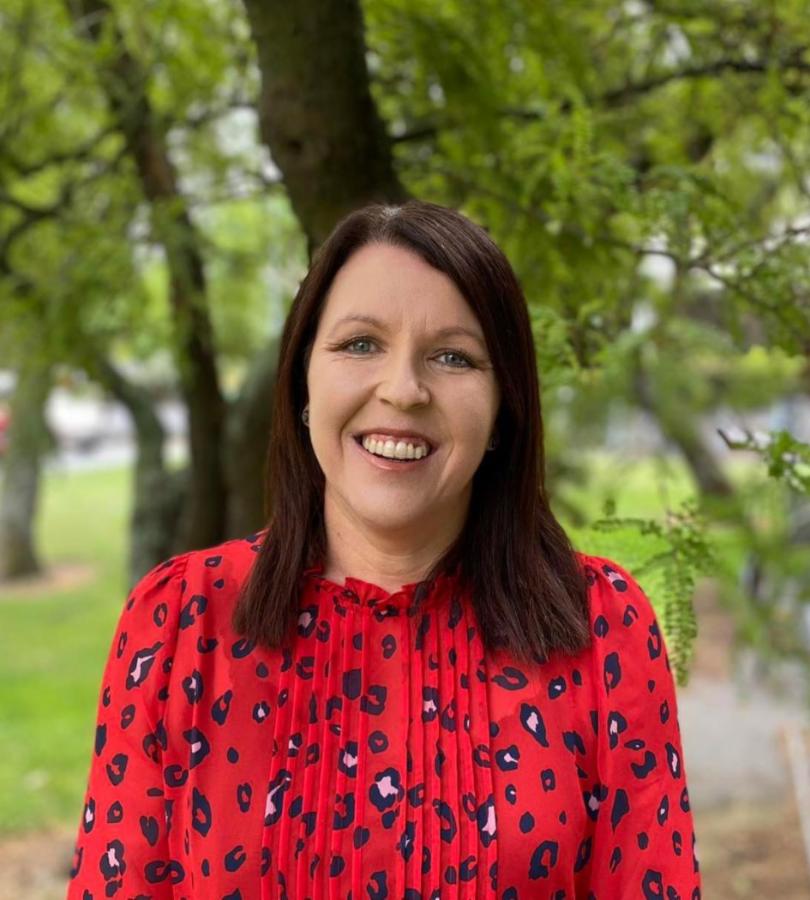Key UC Contact
What We Did
Our research team has worked intensively with families throughout New Zealand to treat sleep problems in children on the autism spectrum. We used a procedure termed Functional Behavioural Assessment to assess the role of environmental antecedents (influential factors occurring before sleep, such as sleeping location), motivation (such as biological pressure to sleep) and reinforcement contingencies (the consequences of behaviour, such as social attention or access to electronic devices) in the maintenance of the sleep problems. The majority of participants presented with a number of sleep problems that served multiple functions. An individualised treatment plan was then developed for each child. During treatment, families were supported to make changes to address the underlying function of the sleep problems and skills (such as relaxation) were taught to promote independent sleep.
The project led to durable changes in children’s sleep and parents found function-based interventions to be highly acceptable.
Who Was Involved
This research was funded by the IHC Foundation and the Health Research Council of New Zealand. Over the course of this project we received referrals from those providing services and support for children on the autism spectrum and their families including Explore, Child Development Teams, Paediatricians and Regional ASD coordinators (DHBs).
The research team have provided a number of professional development seminars, webinars, conference presentations, symposia, and presentations for students and service providers both nationally and internationally.
Why It Matters
Children on the autism spectrum experience a high rate of sleep problems leading to negative impacts on many aspect of their development as well as on family functioning and wellbeing. Despite complex factors, including biological changes leading to such sleep problems, we have demonstrated that by changing the sleep environment, child skills and parent responses, these stressful problems can be effectively treated. This change has also had a range of other positive effects for the child and his/her family including children’s daytime behaviour and mothers’ sleep quality. This research is contributing to the previously small body of literature on the topic and disseminating skills and knowledge throughout the clinical community.
Learn More
- McLay, L., France, K.G., Blampied, N.M., Hunter, J.E., van Deurs, J.R., Woodford, E.C., Gibbs., R., & Lang, R. (2021). Collateral child and parent effects of function-based behavioral interventions for sleep problems in children and adolescents with autism. Journal of Autism & Developmental Disorders, Published on-line 10th June, 2021. Doi. 10.1007/s10803-021-05116-3
- McLay, L. M., France, K. G., Blampied, N. M., van Deurs, J. R. Hunter, J., Knight, J., Hastie, B., Carnett, A., Woodford, E., Gibbs, R., Lang, R (2021) Function-based behavioral interventions for sleep problems in children and adolescents with Autism: Summary of 41 clinical cases. Journal of Autism and Developmental Disorders, 51, 418 -432. https://doi.org/10.1007/s10803-020-04548-7
- McLay LK., France KG., Knight J., Blampied NM. & Hastie B. (2019). The effectiveness of function-based interventions to treat sleep problems, including unwanted co-sleeping, in children with autism. Behavioral Interventions, 34(1), 30-51. http://dx.doi.org/10.1002/bin.1651
- Van Deurs, J.R., McLay, L. K., France, K. G., Blampied, N. M., Lang, R. B. & Hunter, J. E. (2019). Behavioral sleep intervention for adolescents with Autism Spectrum Disorder: A pilot Study. Advances in Neurodevelopmental Disorders, 3(4). 397-410. http://dx.doi.org/10.1007/s41252-019-00123-z


